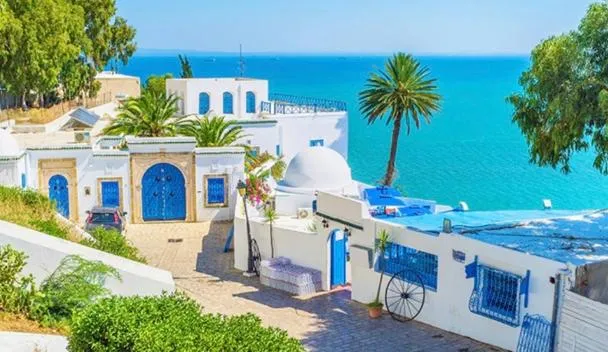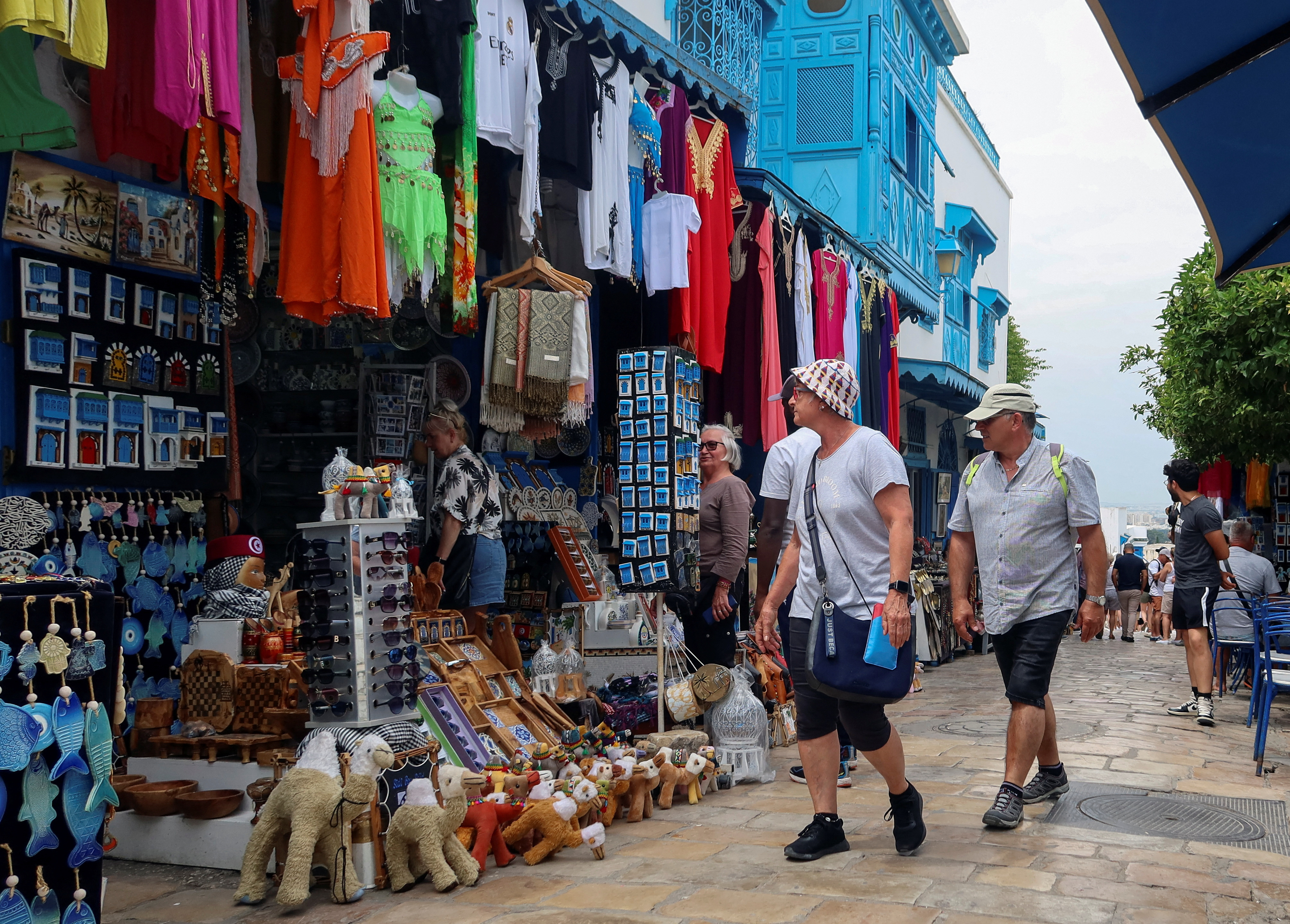Tunisia prepares new legislation for guesthouses in tourism shift

The emergence of guesthouses in Tunisia are accommodating a tourist boom, but most lack the appropriate specifications according to Radio France Internationale on August 29th.
In this year alone, there has been a ten percent increase in guesthouses which has contributed to Tunisia’s tourism expansion, with tourism revenue increasing by 7.8% in 2024.
However, out of the 2,000 guesthouses in the country, only 300 are believed to meet the current legislative standards, ahead of new specifications to be voted on in Parliament soon.
Those in the tourism industry are hoping the new legislation will rectify the existing flaws regarding guesthouses, claiming the old frameworks were misaligned with the new demand and diversification of the sector.
Guesthouses have steadily risen in prominence over the last decade in the north African country which heavily relies on tourism for its economy, but administrative constraints have prevented many from opening.
Difficulty in obtaining permits meant that Safouen Farouk could not open his guesthouse until permit changes allowed him to in 2020, despite beginning his applications in 2012.
Farouk hopes the new legislation will provide more autonomy and allow him to serve alcohol, as well as increasing capacity, which are demands advocated by the Interprofessional Federation of Tourism.
Houssem Ben Azzouz, president of the Federation, argues “it is normal for there to be alcoholic beverages. What we’ve also asked is to perhaps increase the capacity of the guesthouses a little, instead of just five rooms, moving towards eight or ten rooms.”
Forthcoming legislation aims to loosen the complex provisions passed in 2013 and 2017, establishing four specifications separating guesthouses, rural lodgings, tourist campsites and tourist relays.
The intention is to stimulate Tunisia’s current tourism boom by ensuring all the available guesthouses are utilised, as well as expanding the tourist offers for customers, particularly encouraging domestic tourism through middle-class Tunisians, where staying in hotels is no longer affordable.
Alongside these legislative actions to boost tourism income, Tunisia is attempting to stimulate economic growth through encouraging increased foreign direct investment, curating the picture of a stable country willing to welcome tourists and international investors.
Widespread concern is prominent though, with the Tunisian government’s efforts in these areas occurring alongside a democratic crackdown by the state.
RFI, Maghrebi.org
Want to chase the pulse of North Africa?
Subscribe to receive our FREE weekly PDF magazine














